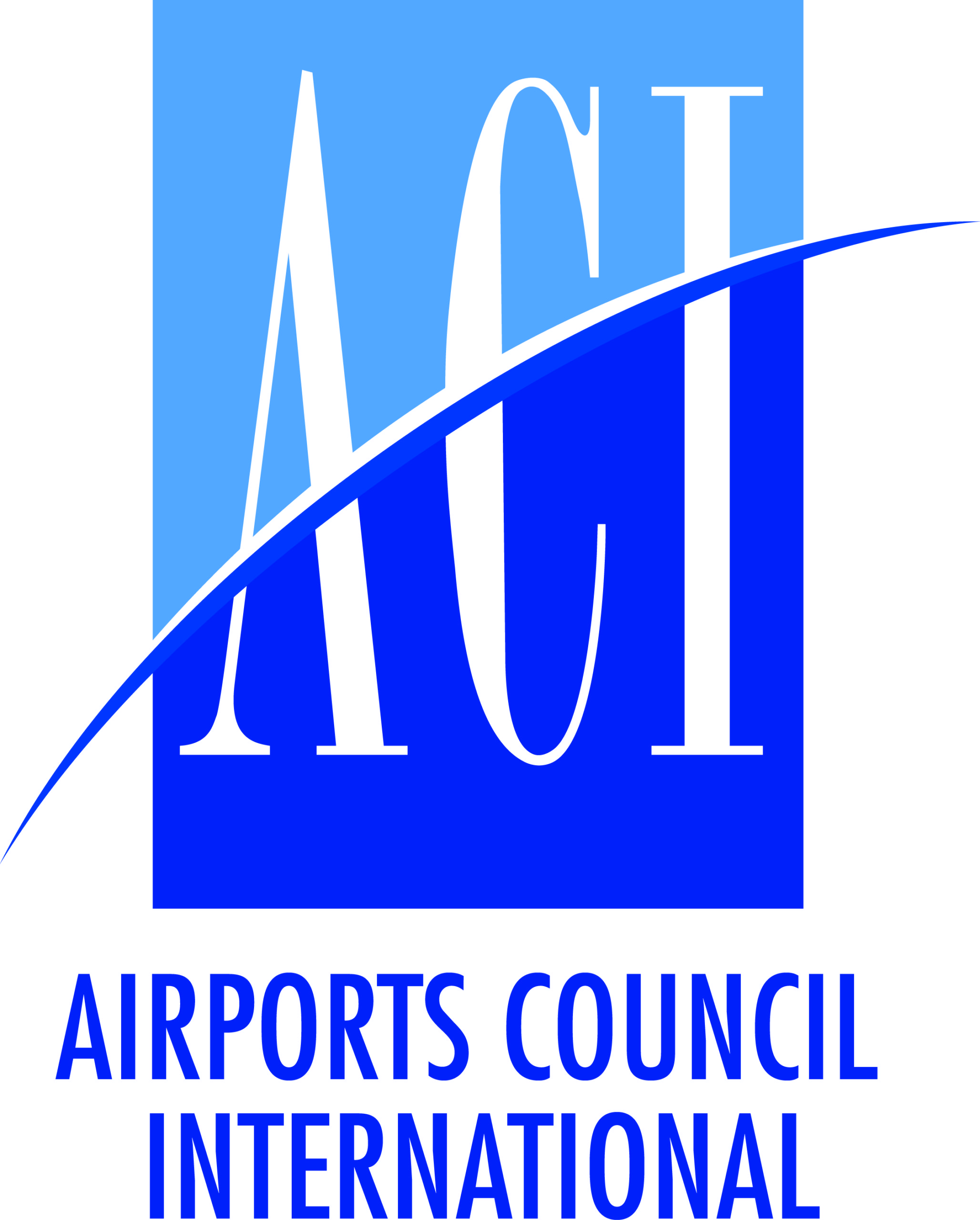Source: ACI-LAC
- Salvador Bahia Airport, together with Adelaide and Parafield, achieved Level 5 Airport Carbon Accreditation, advancing toward carbon neutrality. This milestone highlights the leadership of airports in Latin America and the Caribbean in sustainability.
As COP30 draws to a close in Brazil, the global airport community is marking further progress on its pathway to full decarbonisation under the Airport Carbon Accreditation programme. Salvador Bahia Airport in the COP30 host country, Brazil, together with Adelaide and Parafield airports in Australia, have reached net zero for emissions under their control (Scopes 1 & 2), while also committing to achieve net zero for Scope 3 emissions by 2050 — thus becoming certified at Level 5 under Airport Carbon Accreditation.
This achievement carries particular significance for the Global South. Salvador Bahia Airport, operated by VINCI Airports, is not only the first airport in Brazil to reach this level of carbon maturity but also the first airport in the Americas. Joining other Level 5 airports including Delhi International Airport, Hyderabad International Airport and Bangalore International Airports in India, Salvador Bahia Airport showcases the determination and capability of Global South airports to drive transformational change despite facing different resource constraints and infrastructure challenges than many of their Global North counterparts.
In the two years since the launch of Airport Carbon Accreditation’s Level 5 — unveiled at COP28 in Dubai — the global community of net zero trailblazers has grown to 29 airports. Other recent Level 5 airports include Lyon and Nice airports in France, as well as Åre Östersund, Kiruna and Visby airports in Sweden.
As greenhouse gas concentrations keep increasing, driving global temperatures up, the airport industry continues to prioritise carbon management and reduction through Airport Carbon Accreditation, as reflected in the latest overall participation figures. Currently, 614 airports across 5 continents are engaged across the seven certification levels of the programme — collectively accounting for 55.8% of global passenger traffic.
Climate action is advancing in all world regions, with new airports joining the programme. The latest entrants include:
- Africa: Julius Nyerere International Airport (Dar es Salaam) in Tanzania
- Asia-Pacific & Middle East: Red Sea International Airport in Saudi Arabia
- Europe: Skopje International Airport in North Macedonia
- Latin America & Caribbean: Foz do Iguaçu, São Luís Marechal Cunha Machado, Navegantes, Goiânia, Afonso Pena airports in Brazil
- North America: Cleveland Hopkins International Airport in the USA
Olivier Jankovec, ACI EUROPE Director General said: “Climate change is by far the most existential of crises facing humanity and the mother of all risks, conflating with economic, societal and geopolitical risks. I am all the more heartened by the ardent followthrough by the global airport community on its ambition to achieve net zero for CO2 emissions under airports’ control as well as to support and facilitate the same goal for the entire aviation sector. Congratulations to the teams of Salvador Bahia, Adelaide and Parafield airports, and indeed all airports working hard to reduce their impact on the climate.
Airport Carbon Accreditation is 16 years old, but its role in guiding and supporting airports’ efforts to decarbonise has never been more important, as it provides the blueprint for net zero airport facilities. This is about nonstate actors stepping up — because we all want to secure a safer andbrighter future for generations to come.”
“The achievement of Salvador Bahia Airport marks a milestone for all of Latin America and the Caribbean. Our region demonstrates, once again, that it is ready to lead the transition toward more sustainable aviation, even when facing significant operational challenges. Airports in Latin America are accelerating their journey toward Net Zero with determination, innovation, and a strong commitment to their communities. At ACI-LAC, we reaffirm our commitment to supporting our members on this path, promoting global standards and strengthening the sustainable competitiveness of the airport sector,” added Dr. Rafael Echevarne, Director General of ACI-LAC.

